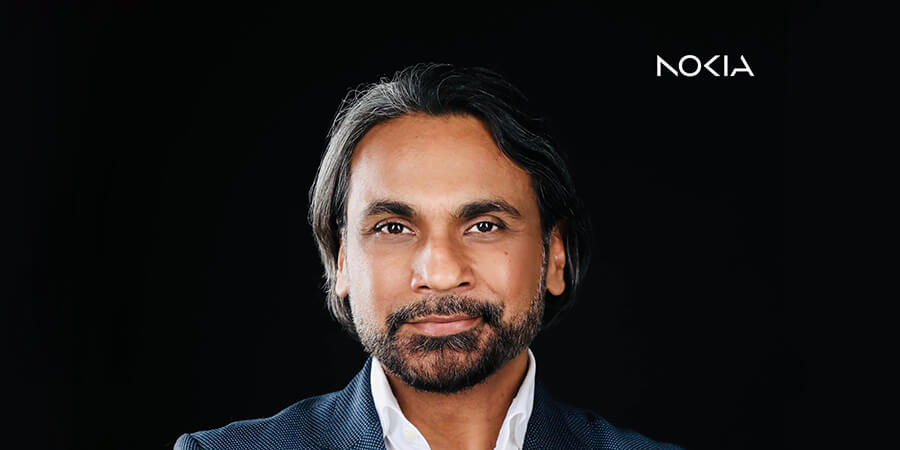By Danial Mausoof, Market Head, Technology and Solutions for Mobile Networks, Middle East and Africa at Nokia
In an era where digital connectivity is synonymous with progress, bridging the digital divide has become a crucial focus for telecommunications companies worldwide. In the Middle East, Nokia is playing a pivotal role in this endeavor through its strategic approach to neutral hosting. Neutral hosting will play a significant role in narrowing the digital gap and falls in line with Nokia's mobile network strategy— connecting the unconnected.
Neutral hosting is not a novel concept, with multi-tenant solutions and network sharing being prevalent for some time globally and in Africa. The unique opportunity today lies in fostering collaboration between infrastructure companies such as towercos, communication service providers (CSPs), data center providers, and other stakeholders. By pooling resources and allowing the shared usage of assets, these entities can significantly impact coverage in both rural and urban areas, addressing the digital divide.
Nokia has long been a leader in 4G and 5G technologies, focusing on providing coverage in urban centers. However, we recognize the need to extend our solution to address the digital divide globally, especially in Africa. The adoption of a neutral hosting as an enabler allows us to enhance 5G densification, collaborate with enterprises for industry-specific coverage, and provide connectivity to underserved rural communities. This shift in approach aligns with the evolving landscape of telecommunications, emphasizing the importance of new business models to ensure broader and more diverse connectivity.
To create value and impact from these solutions, industry collaboration is paramount as we drive new business models. We are working closely with regulators and partners across the region and our aim is to unite the ecosystem, foster dialogue and create a shared vision. Through focused initiatives, we encourage different stakeholders to openly discuss regulatory frameworks, avoid infrastructure duplication or wastage, and adapt network sharing policies where possible.
The neutral host model has firmly established its presence worldwide and we are at the start of a transformational change. The attractiveness of this model lies in its ability to recover network build costs by hosting multiple tenants. Whether enterprises or CSPs, the appeal is evident— it frees up resources that can be redirected towards core business activities, enabling them to deliver superior services to their customers.
Several key factors contribute to the growing allure of the neutral host model. Capital scarcity has become a prevalent concern, especially in our region, making the shared-infrastructure concept more economically viable. The surging demand for data, coupled with the necessity to upgrade legacy networks, further propels adoption of this model.
Among stakeholders in the telecommunications ecosystem, communication service providers (CSPs) stand to gain the most from the flourishing neutral host market. This model presents an opportunity for CSPs to offset the high costs associated with building dedicated networks. For instance, neutral hosts can facilitate indoor connectivity for specific buildings and venues, such as those hosting high-profile events like concerts. This shared infrastructure ensures that all CSPs can utilize a single foundation, streamlining operations and enhancing efficiency. Similarly, challenges associated with outdoor connectivity, particularly in rural areas, can be effectively addressed through the collaborative approach of the neutral host model.
While global internet connectivity has experienced exponential growth, certain regions have lagged. At Nokia, we recognize that closing the digital gap is not just a technological challenge but a social and economic imperative; and are therefore committed to providing sustainable and energy-efficient solutions, considering environmental, social, and governance (ESG) impacts. Our focus on bridging the digital divide in Africa, Middle East and beyond stems from the belief that connectivity is central to economic sustainability and social cohesion, and the time to act is now. This commitment is further demonstrated in our proactive stance on neutral hosting.
As the global telecommunications landscape continues to evolve, the neutral host model emerges as a pivotal player, fostering collaboration and efficiency. For communication service providers and other stakeholders, the neutral host model represents an opportunity to navigate the challenges of high deployment costs and environmental impact. As this model gains momentum, it is poised to play a crucial role in shaping the future of telecommunications by providing a cost-effective, environmentally sustainable, and technologically advanced solution for connectivity.










